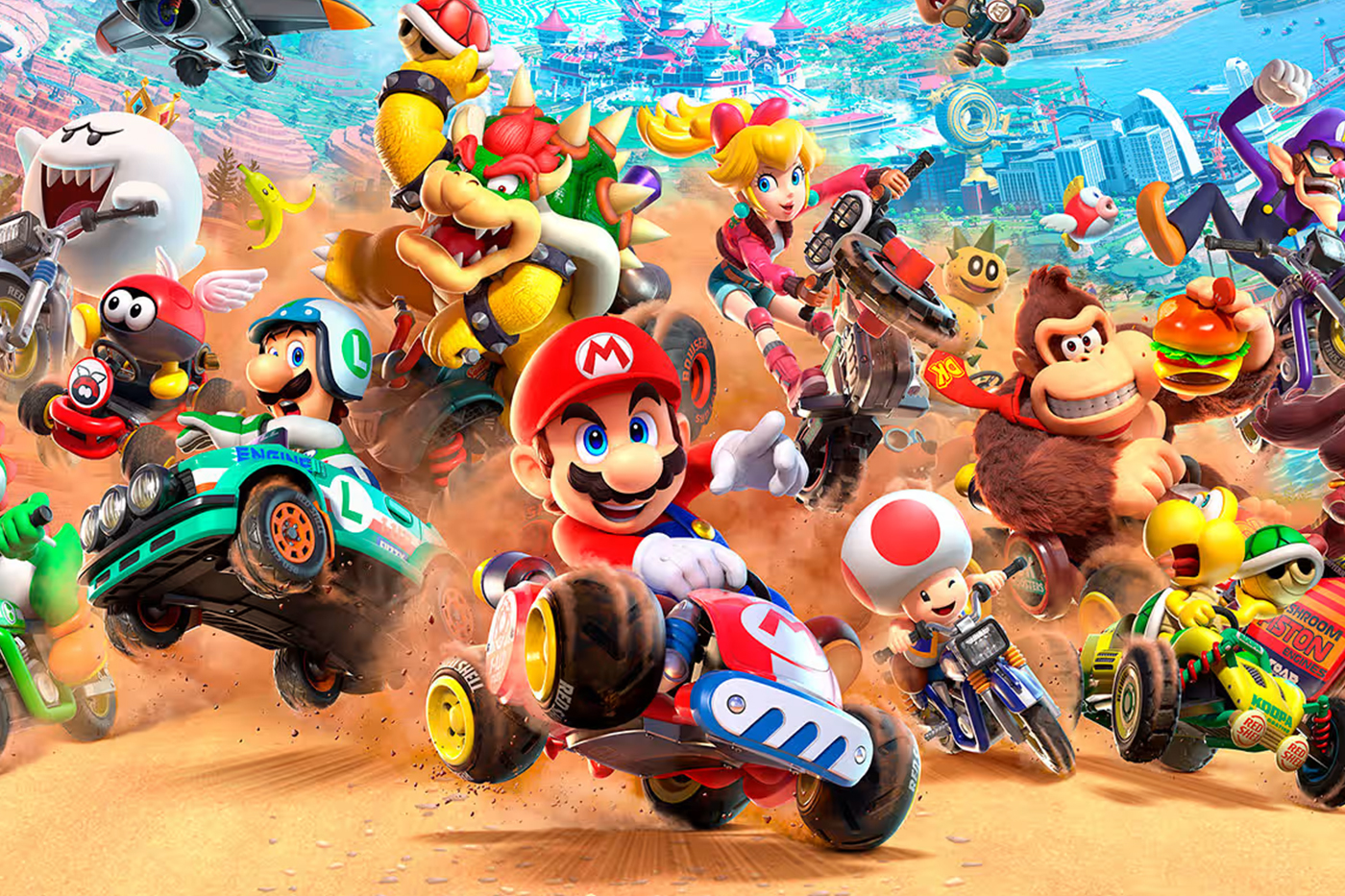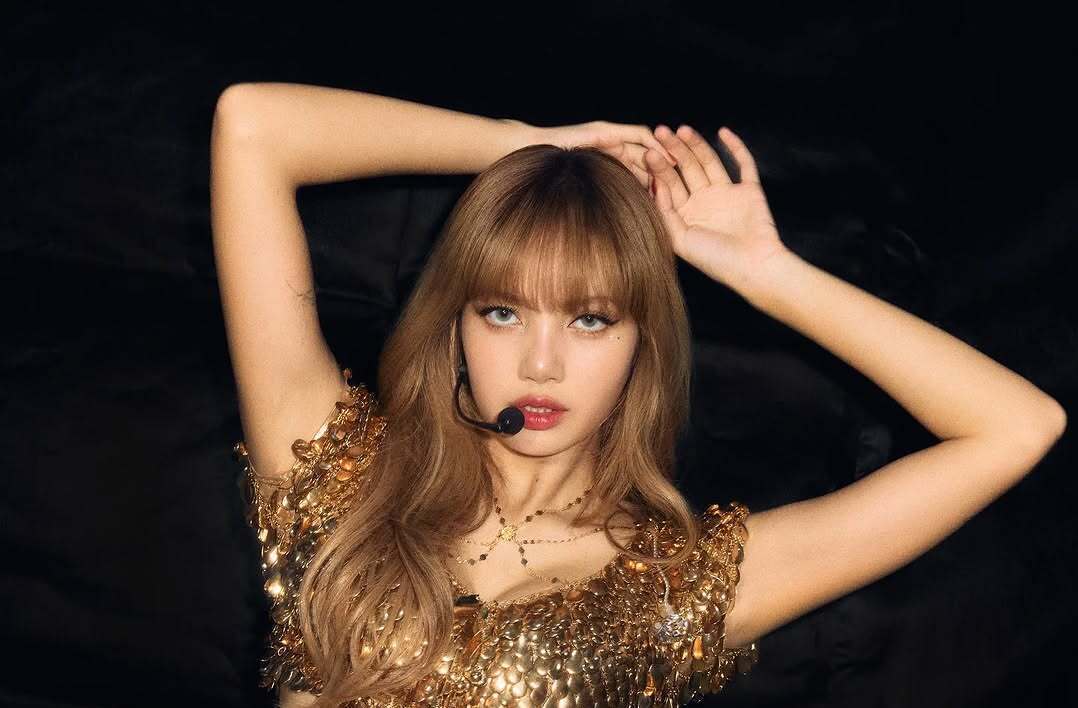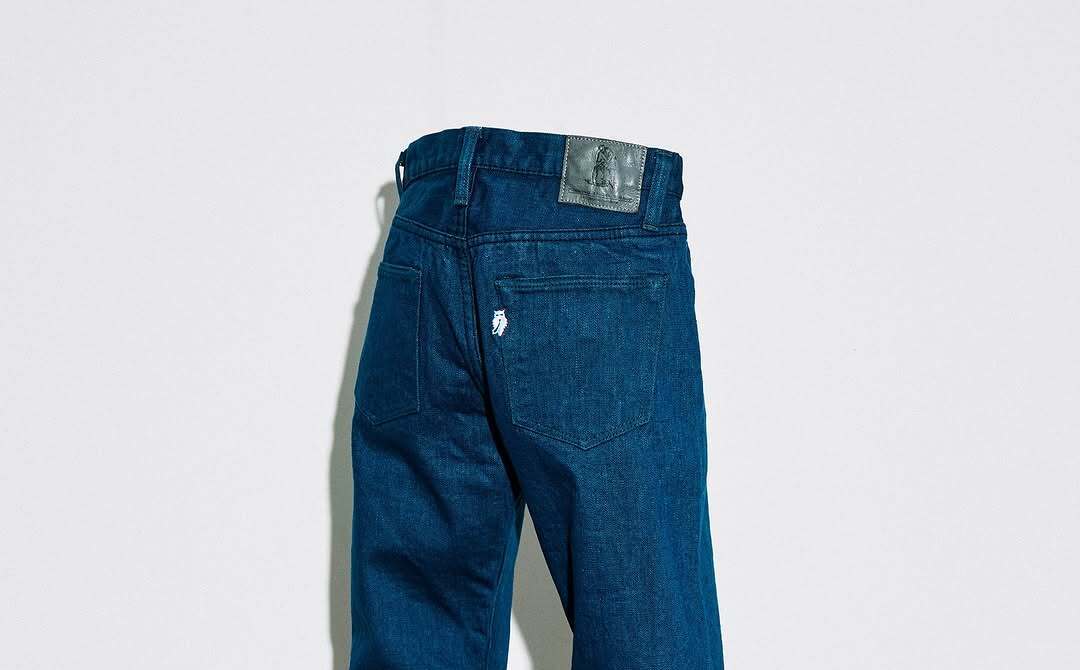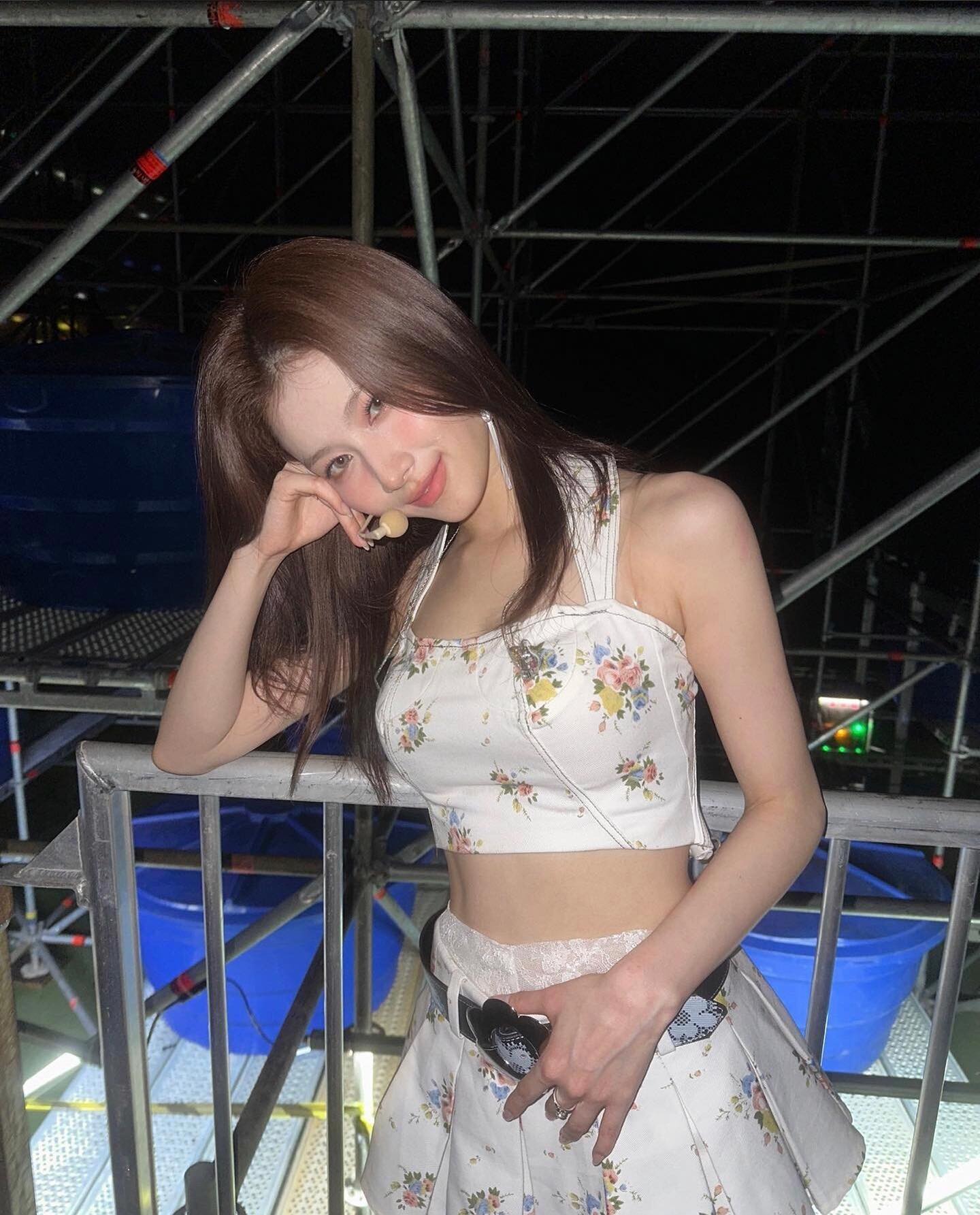Taiwanese actor Eddie Peng has risen to the top of his profession through hard work and a single-minded pursuit
of excellence. The face of Berluti talks to #legend about getting into character and finally breaking out of his all-consuming dedication to his craft
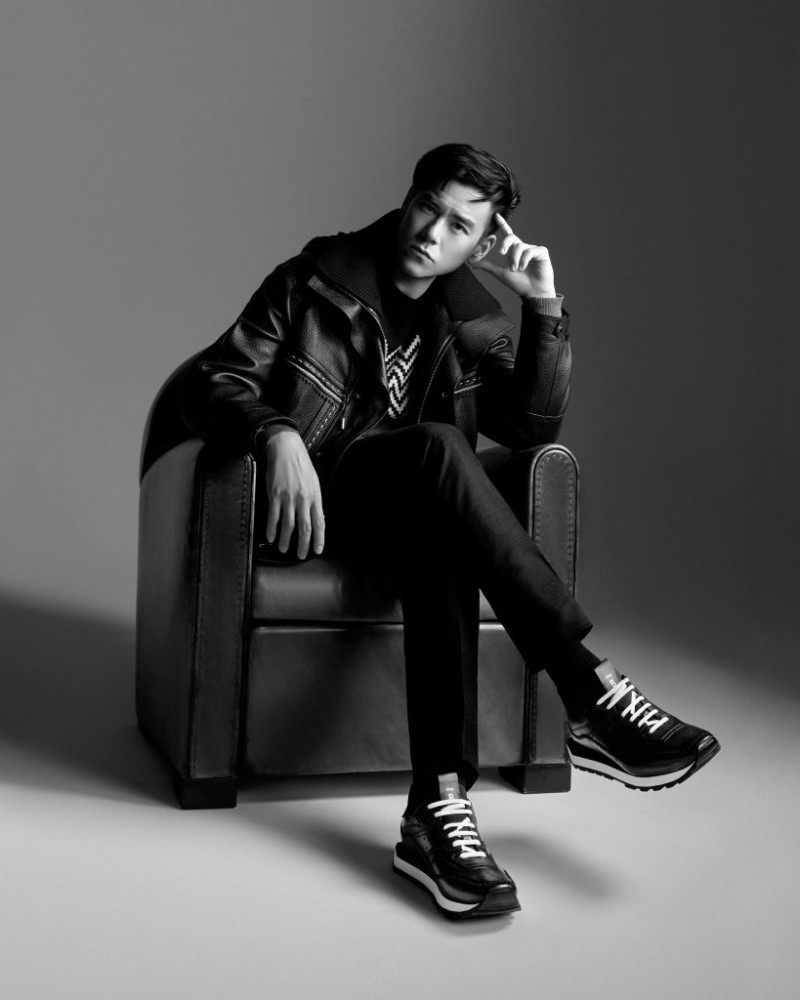
Eddie peng is nothing if not dedicated. Over the course of his 20-year career, the Taiwanese actor has committed
himself to every project to the point of even physically transforming himself to better portray a given character.
“Movies are an art of collaboration which involves a lot of uncertainty, so I focus even more on my part and responsibilities in order to have no regrets,” says the consummate professional whose latest films include Are You Lonesome Tonight?, Love After Love and The Rescue.
On the rare occasion Peng is not on set, he can be found promoting marine conservation and serving as brand ambassador for men’s luxury brand Berluti, the latter of which he describes as “the best balance between the comfort of being yourself and the pursuit of style”.
While the pandemic has forced the 39-year-old to slow down and focus more on his personal life, it’s clear Peng is
still looking to challenge himself as an actor for a long time to come. “I want to play any roles that I haven’t already tried, especially characters that are starkly different to myself, ones that intimidate me,” he says. “I don’t want to repeat myself, and I don’t want to be an actor that only appears in one form in front of the audience.”
What does it mean to you to be the face of Berluti? How has it affected your personal style?
I’m happy to have worked with Berluti for such a long time, and I’ve seen more and more different sides of fashion because of Berluti. Whether it’s a formal suit or a casual leather jacket, Berluti is increasingly appearing in all aspects of my work and life, perfectly fitting the needs of different occasions.
When I was young, I would try out different types of styles without any rules. But as I’ve grown older and gotten to know myself, I’ve gradually found a style that suits me better and have chosen clothes that fit my character.
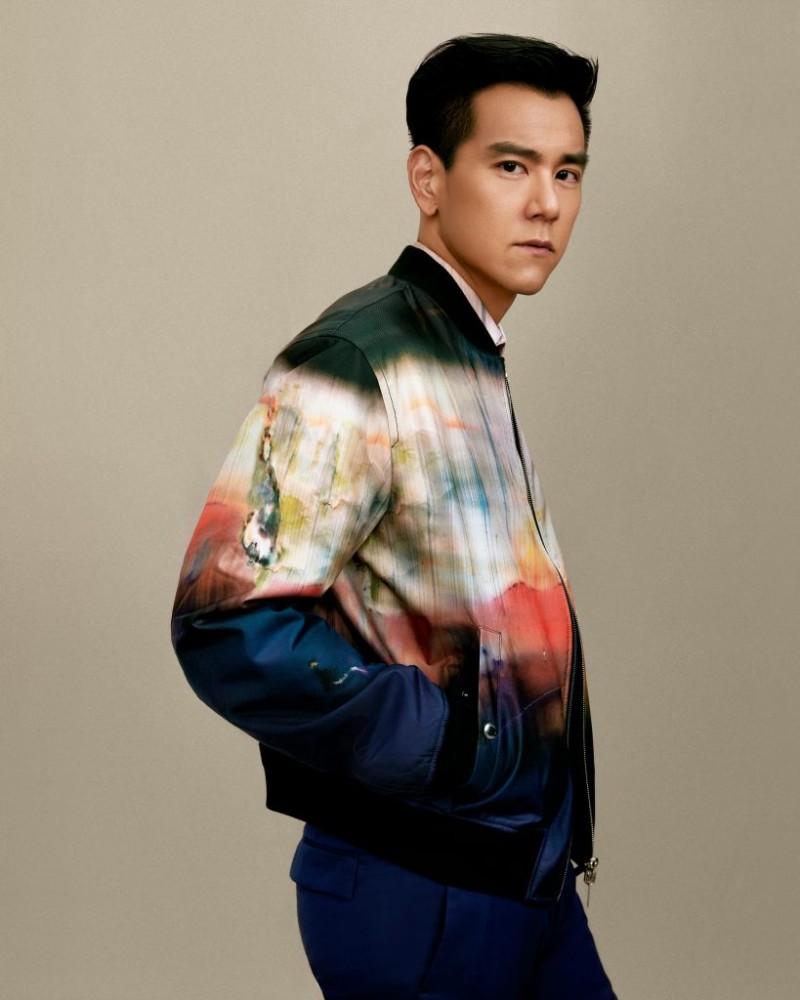
As someone who’s mostly in action films, one might assume that you’re not used to wearing more formal clothes. What, to you, makes for a good suit?
Undoubtedly I think a good suit is a kind of enrichment. I often wear sports or casual clothes in my private life, but when I need to wear a suit it can give me a stronger sense of anticipation and attention to the upcoming event, and I will have a very different feeling when I see the contrast of my state – this is the energy brought to me by the suit. A good suit is a powerful tool that can help you achieve double the result with half the effort.
Also see: Cover story: Kōki, on making her silver screen debut
When acting, what techniques do you use to create a believable character?
Every time I get a role, I try my best to immerse myself into the character’s living environment, to experience what he experiences, to feel what he feels, in order to let the character’s state grow on me. I need to convince myself before convincing the audience. There is no standardised method; learning the skills is just a process for me to approach the character, which in my opinion is a tool that is crucial to creating a believable character.
It’s been said that you had to lose weight for your role in the crime movie Are You Lonesome Tonight? What was that like?
I wanted to achieve the physical appearance of an air-conditioning repairman as closely as possible and because the character Xue Ming had insomnia, in addition to other events he was involved in, it required him to be relatively thin or even a little gloomy. Weight loss is not a goal or a gimmick, but because the character would have such a body type I went ahead and did it without thinking too much. Before shooting, I also learned how to repair air conditioners from a teacher who has 30 years of experience. This skill wasn’t shown that much in the movie, but I treated it as a way to approach the character. The combination of physical condition, mental state and the necessary skills helped me get closer to the character.
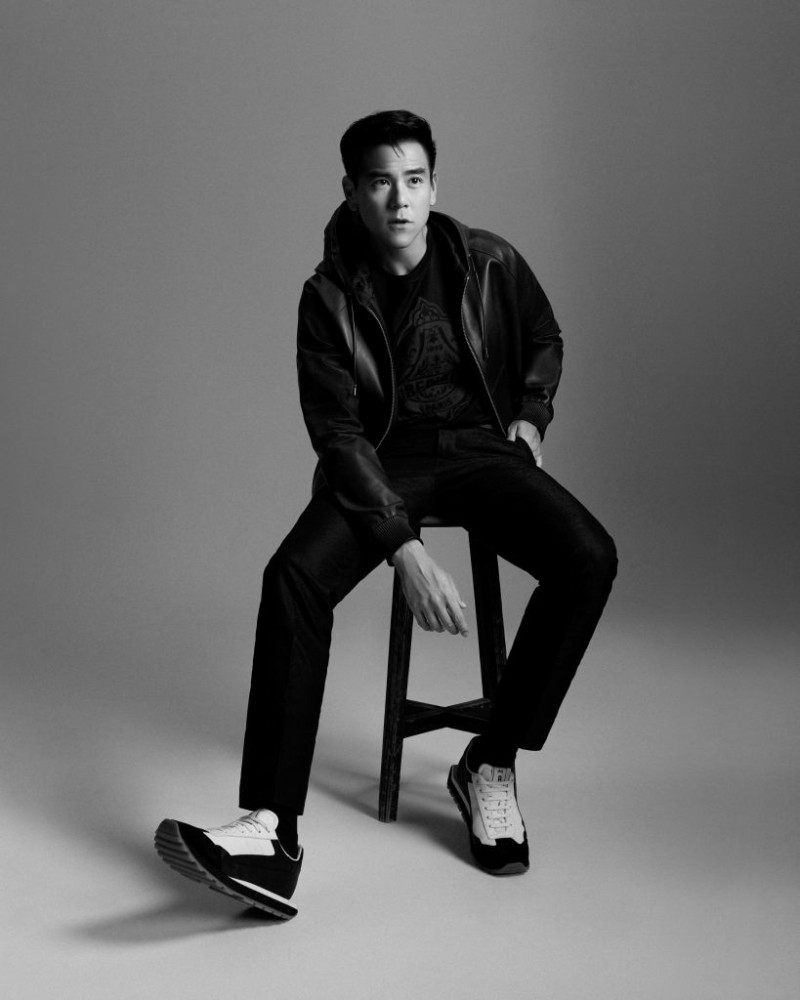
While filming for The Rescue last year, how did your life-threatening encounters on set – such as getting tangled up underwater – change your perspective in regards to occupations such as coast guards and how did these events help shape your character in the movie and yourself as an actor?
The Rescue is the most dangerous movie I’ve shot – it was really challenging. For a lot of the scenes, I took a leap of faith when shooting and often felt scared afterwards. I even developed a fear of water, which took a long time to go away. But in the moment of shooting, I would do whatever the director asked whether it’s in the air, under the sea or in the fire. I believed in the director’s professionalism, and the director also believed that I was willing to offer myself.
The film gave me a greater understanding and respect for rescuers. If our filming was so difficult and dangerous, [imagine] the real rescue team that literally has to deal with a variety of critical situations almost every day – facing life-or-death situations, giving the hope of life to others and risking the danger of death themselves. Shooting this film made me cherish life and live more in the moment. The Rescue is more to me than just a movie.
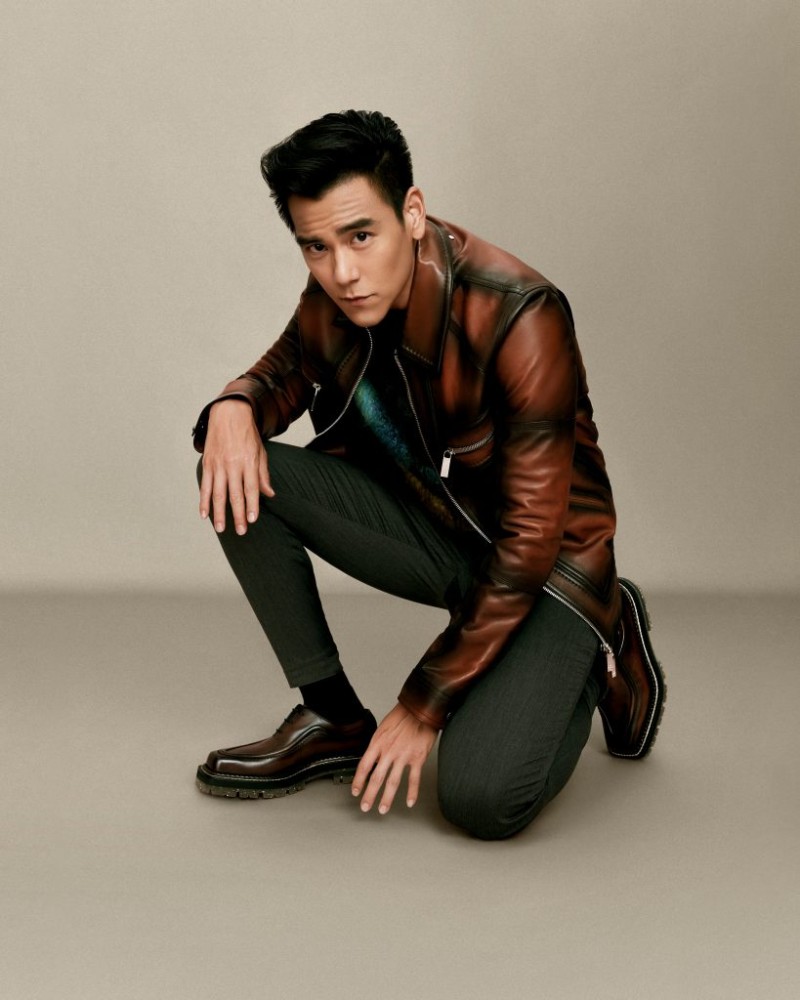
Last year you became a Sea Turtle Warrior. How did you get involved in issues related to sea turtles and the environment, and why do you think the public should be concerned about them?
Because of my job, I’ve had quite a lot of contact with the sea. But I really learned more about marine conservation because of the sea turtle rescue project with WildAid. I spent 11 days with them travelling across three continents, from Asia to Central America to South America, to take part in sea turtle conservation. When you see with your own eyes the environment in which sea turtles live, and when you help clean, feed or release them, it’s very shocking. I hope everyone can refuse sea turtle products, reduce reliance on single-use plastic tableware, and reject illegal fishing and trade. Everyone can start with small steps, and doing something isn’t as difficult as we may think.
What are some new habits you’ve adopted since the start of the pandemic? And how has it affected your plans career-wise?
The pandemic has had a big impact on me, more in the form of a change in thinking. For many years, I spent more
time in my characters’ roles than I did in my life as Eddie Peng. I worked non-stop, going from crew to crew. When
I think back to a certain year, I may only remember which movie I did and not have much memory of my own life.
The pandemic made me slow down, spend more time with my family, do things outside of work and cultivate my own hobbies. Work is not my whole life, and I found a way to explore the world outside of work. In the past two years, I’ve become more aware of the transience and impermanence of life, and how little we can hold on to, so I have to enjoy every minute of it
Also see: Cover story: Taiwanese singer-actress Vivian Hsu on her journey, challenges and inspiration



